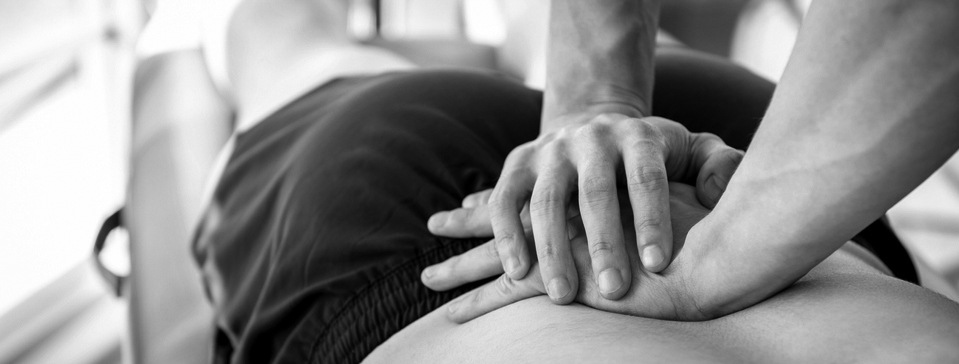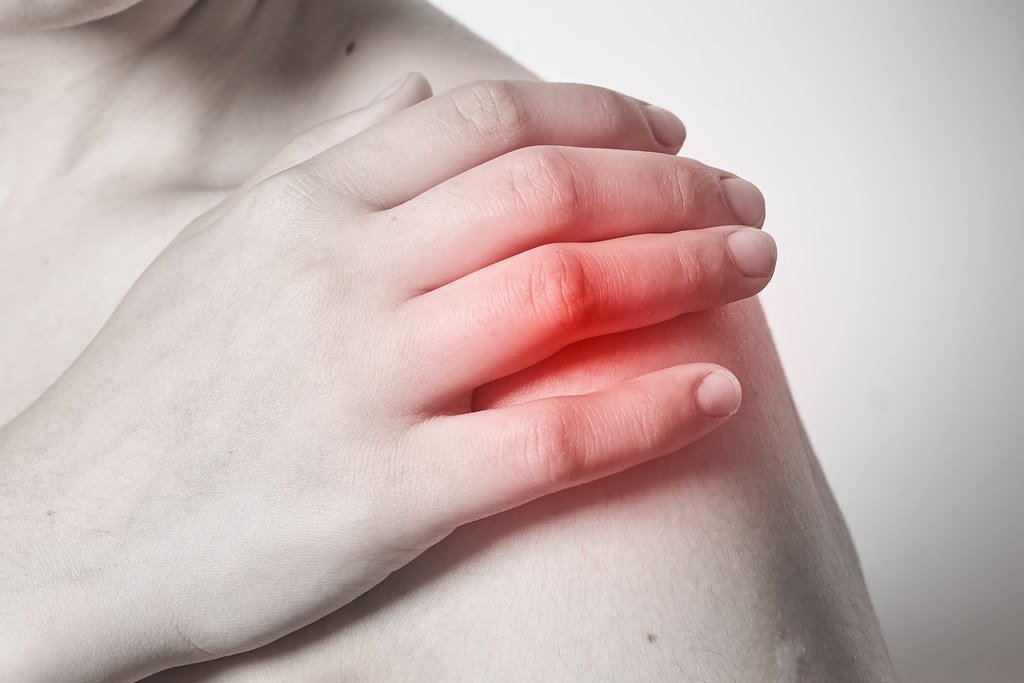Post Exercise Soreness
Management of Post Exercise Soreness
After any training exercise we can be sore the next day for some time afterwards, this is sometimes referred to as DOMS (delayed onset muscle soreness). Muscle soreness can last from 1-2 days to over a week if we’ve really pushed our boundaries, such as after competing.
This is a natural process where the microtraumas to your muscle are assessed, damaged fibres removed and the muscle repaired. Repeating this process in a healthy way will strengthen your muscles and give you greater capacity to do things.
As you may imagine the recovery time greatly depends on what level of muscular (and connective tissue) repair and remodelling is being undertaken.
So what’s the best way to recover without compromising the quality of that recovery?
It is important to realise the body is in a state of repair and is highly active in these areas on a chemical and cellular level. As such, it’s helpful to keep up light activity to promote good blood flow to the area and around the body generally, as well as keeping a healthy diet to ensure the body has all it needs to complete these repair processes effectively.
Despite clinical studies and research in the area is still unclear. It is generally agreed that cold water immersion, compression, and massage will speed easing of muscular soreness, but less clear on the speeding up return to muscular output (strength and speed).
It is unclear if interacting to shorten this recovery time period is beneficial in the long run, particularly for significant soreness, as the repair process may be affected.
If you are experiencing any discomfort after exercise that you are concerned about, it is good to allow proper recovery before training the area again. Professional advice can also be useful to maximise the effectiveness in training, and informing you of when and how it is sensible to return to activity.
Written By Alfie Munding 20/04/23
Last updated 20/04/23


